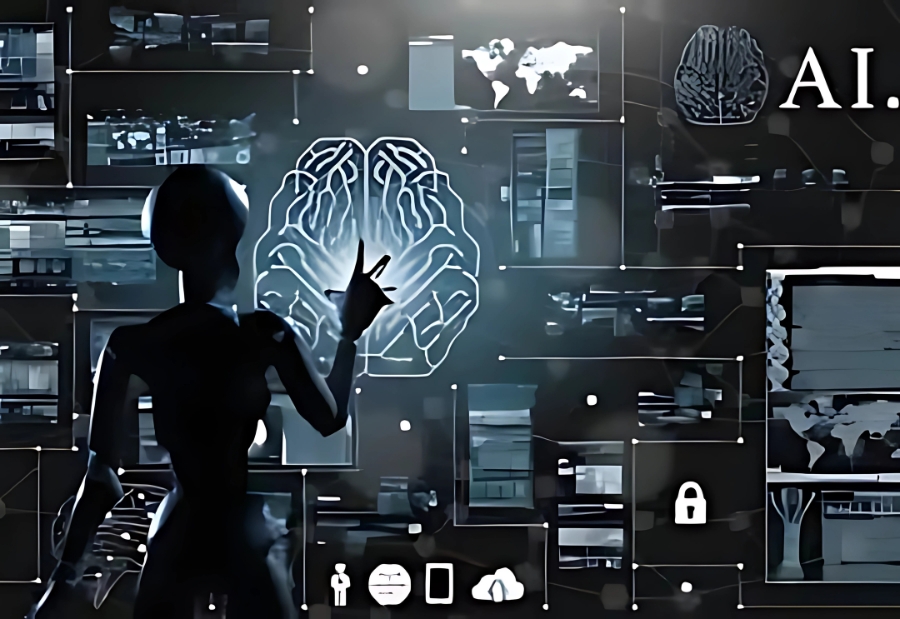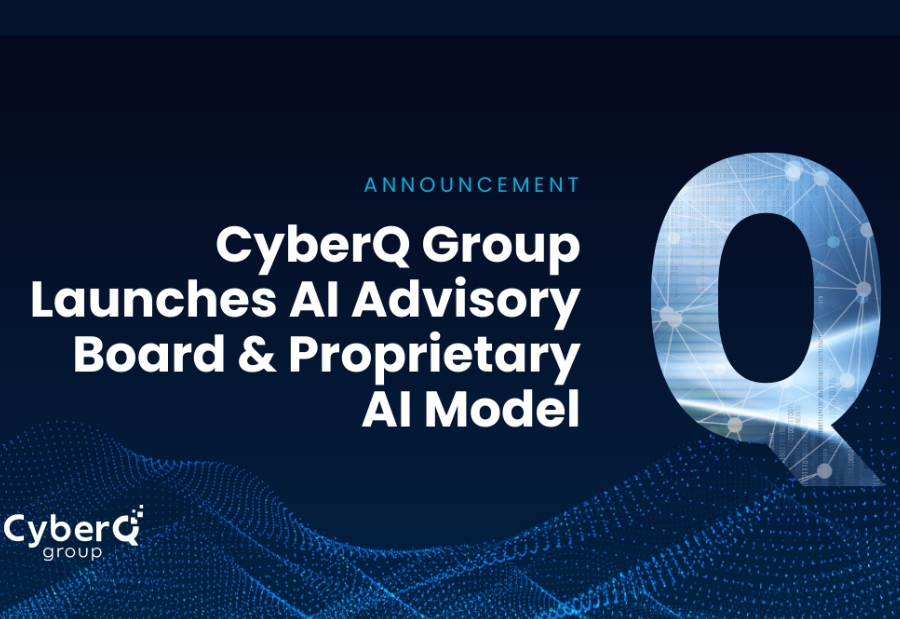AI Revolution in India’s IT Industry: Transforming the Future of Technology Services
Discover how artificial intelligence is transforming India’s IT services industry. Learn about key trends, disruptions, and how companies like Infosys and HCL Technologies are adapting to stay competitive in the age of AI.
Artificial Intelligence (AI) is a force transforming industries globally, and India’s $263 billion IT services sector is no exception. At The Mainstream, With AI technologies like Generative AI and Agentic AI making their mark, India’s leading IT giants, including Infosys, HCL Technologies, and Tata Consultancy Services, are adjusting their business models to stay ahead of the curve. The question is: How will AI reshape India’s IT services industry, and will it lead to greater productivity or disruption? Let’s dive into the key changes AI is bringing to this dynamic sector.
AI in India’s IT Services Industry
- Shift From Input to Outcome-Based Business Models
In the past, IT services companies focused on charging for time and resources spent on a project. However, AI is shifting the focus towards output- and outcome-based models. HCL Technologies’ CEO, C. Vijayakumar, highlighted this change by stating that the goal is to deliver twice the revenue with half the workforce. This represents an essential shift in how IT services are priced and delivered, aiming for greater efficiency without compromising quality.
AI-driven solutions allow businesses to perform tasks autonomously, reducing the need for manual intervention and streamlining processes. This will enable companies to deliver better results faster and more cost-effectively.
- The Emergence of AI-Native Software and Services
AI isn’t just changing how companies do business; it’s also transforming the very tools they use. Software developers are increasingly creating AI-native platforms to replace older, more traditional models. India’s IT giants are quickly integrating AI-led software into their offerings to help clients optimize their business operations.
For instance, Infosys has rolled out specialized small language models (SLMs), including tools for banking and IT operations. Their partnerships with Microsoft and Google also focus on helping enterprises leverage Generative AI (GenAI) for improved operational efficiency.
According to insights from The Mainstream, this shift toward AI-native services is helping Indian IT firms remain globally competitive while delivering scalable, intelligent solutions.
- AI and Automation
AI is poised to replace many services traditionally delivered by humans. This includes areas like customer service, IT operations, and even complex software coding tasks.
In this new world, services as software means that AI can now automate many functions that were previously human-centric, making businesses more agile and cost-efficient.
- Building New Business Models with AI
With AI at the forefront, Indian IT companies must find innovative ways to deliver valuable services to their clients. This might involve productizing services or creating entirely new AI-powered business models. As C. Vijayakumar of HCL Technologies believes, AI will create completely new businesses, with companies exploring new revenue streams by offering AI-powered platforms and solutions.
Infosys has already started experimenting with emerging technologies like quantum computing to enhance services in fields such as drug discovery and telecom network optimization.
Challenges and Limitations of AI in IT Services
- AI Still Faces Limitations in Complex Scenarios
Although AI is revolutionizing the IT sector, there are still limitations, particularly when it comes to handling complex tasks requiring empathy, intuition, and human judgment.
For example, in the customer service sector, AI can easily handle routine queries, but complex issues, such as billing disputes or technical problems, still require human intervention. Major companies like Verizon and Walmart have already started deploying AI for customer service, but the system is still unable to handle nuanced interactions efficiently.
- Legal and Liability Concerns in AI Deployment
AI in enterprise IT also raises questions about liability and accountability. When AI systems make mistakes, who is responsible for the consequences? Indian IT companies need to address these challenges as they build more autonomous AI solutions.
These concerns complicate the widespread adoption of AI, especially in areas that involve critical decision-making or high-stakes operations.
India’s IT Sector
- A Changing Workforce Landscape
As AI drives automation, the workforce in India’s IT sector is expected to undergo significant changes. Companies are transitioning from manual labor-intensive models to more AI-powered models, meaning fewer human resources will be required for routine tasks.
According to Nasscom, India’s IT sector is projected to hire 126,000 new workers by the end of FY25, but this growth is expected to be driven by AI and automation, not traditional labor.
- Transformation Beyond Technology
AI is all about rethinking business models. As noted by Yugal Joshi of Everest Group, transformation in today’s world could mean simply optimizing operational costs or shifting how services are delivered, rather than deploying entirely new systems. AI will enable these shifts by improving efficiency and cutting operational costs.
Instead of outsourcing to reduce costs, businesses are now looking at AI-driven solutions to streamline their operations, marking a significant evolution in how IT services are delivered.
Ending Thoughts
As AI technologies evolve, India’s IT companies need to focus on value delivery rather than just revenue growth. It is rapidly changing the game for India’s IT services sector, but its full potential is still unfolding. Companies like Infosys, HCL Technologies, and others are leading the charge in integrating AI into their services, but the reality of AI’s capabilities and limitations will take time to fully materialize.
The Mainstream believes that long-term success will depend on how effectively IT companies align AI adoption with value creation, ethical governance, and workforce transformation. As India’s IT sector continues to evolve, AI will remain a defining force shaping its global competitiveness.
“Balancing innovation with cautious optimism in a disruptive industry.”
Also read: Viksit Workforce for a Viksit Bharat
Do Follow: The Mainstream formerly known as CIO News LinkedIn Account | The Mainstream formerly known as CIO News Facebook | The Mainstream formerly known as CIO News Youtube | The Mainstream formerly known as CIO News Twitter
About us:
The Mainstream formerly known as CIO News is a premier platform dedicated to delivering latest news, updates, and insights from the tech industry. With its strong foundation of intellectual property and thought leadership, the platform is well-positioned to stay ahead of the curve and lead conversations about how technology shapes our world. From its early days as CIO News to its rebranding as The Mainstream on November 28, 2024, it has been expanding its global reach, targeting key markets in the Middle East & Africa, ASEAN, the USA, and the UK. The Mainstream is a vision to put technology at the center of every conversation, inspiring professionals and organizations to embrace the future of tech.




